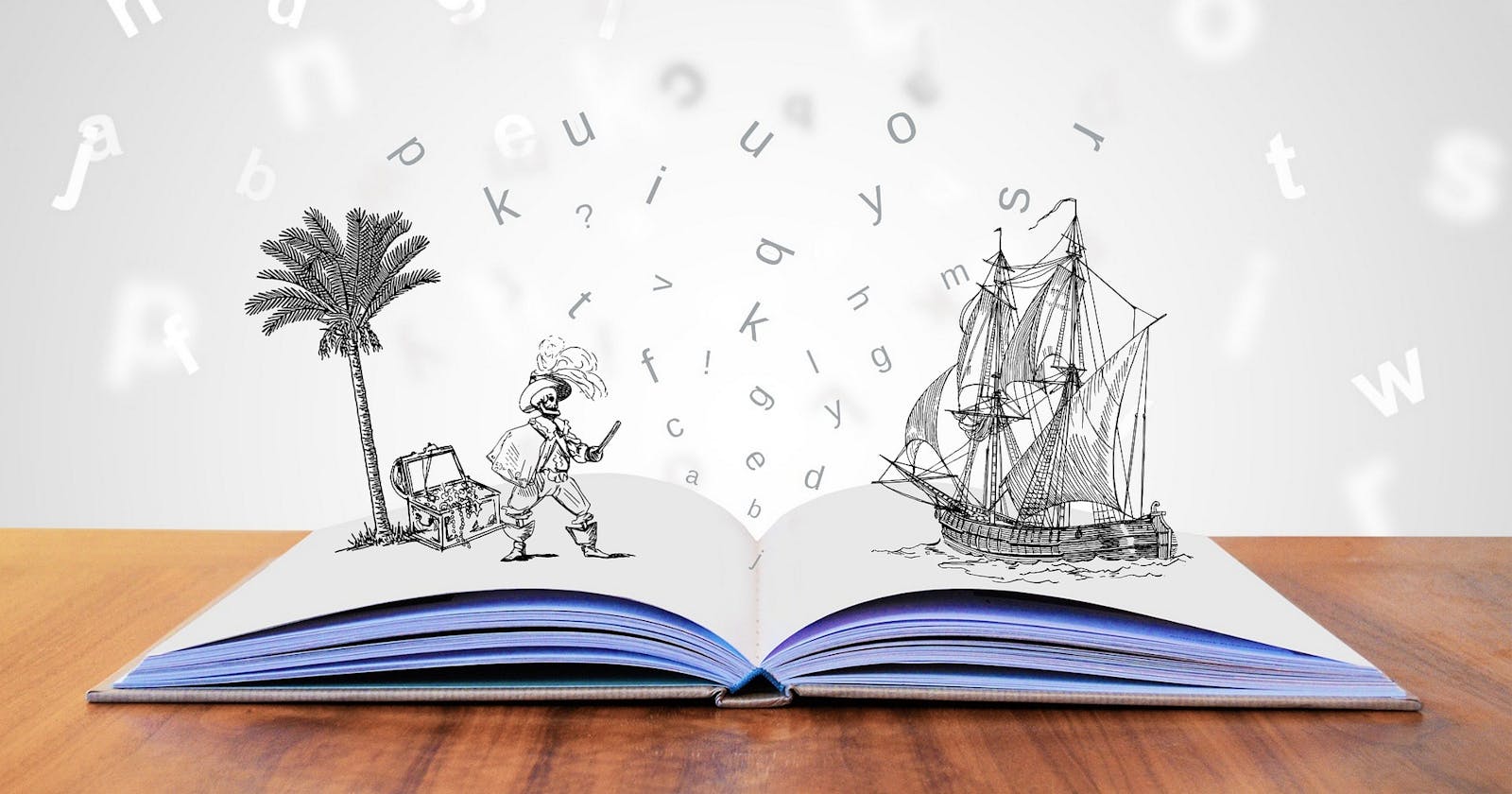An introduction to Storyteller Tactics
Can a simple deck of cards really make you a better storyteller?
Can a simple deck of cards really make you a better storyteller?
Let me tell you a story
Many of us today take it for granted that people know how to read and write. However, even recent data shows us that in many areas of the world, less than 80% of adults can be classified as literate.
If we go back to 1500, historians tell us that literacy rates were as low as 7%. So we have to ask, how did people communicate? Sure, people spoke and drew cave drawings, but people really shared information by telling stories.
Storytelling is old. Stories allow us to teach truths, cultural norms, and empathy, but in a way which is easy to remember. As humans, stories enable us to connect in ways which might otherwise just be impossible.
When we want others to know something specific, telling them facts can work in specific situations, and people can and do memorise raw data, but if you want to impact someone, you have to tell them a story. If you want that person to then go and tell their colleagues, their friends, and their neighbour's cat, you're going to need a good story.
Legendary storytelling
Have you ever had an "in story" with a group of friends? A story so powerful and memorable that it instantly evokes the same emotion time after time. We tell micro-stories all the time when we use metaphors. The best stories are told again and again, become embedded in our culture, and become legends.
Legendary stories become part of a culture, and some have a profound impact on our society. Some end up being used as commonplace colloquialisms (or slang). Colloquialisms are sort of like culture-specific "in stories".
What does it take for a story to become a legend? I'm not sure exactly. What does it take to tell a great story or even just an above-average story? That's... something I'm not quite sure how to quantify.
Facts or fiction?
I feel like I'm OK at storytelling. I used to write reviews of free software before leaving school and became the go-to person for recommendations. It's easy to look at something and tell you the facts about it, but determining if the font size is good or bad, and why it matters? That's when it can become a story.
The language of facts vs implications is not something I became aware of until studying media... Denotation and Connotation. Denotation is a literal understanding and observation of the facts. "The wall of that house is made from bricks. The wall has not fallen over." - Denotation. Connotation is the implications you can draw from the observation in context, such as "Builders believe bricks are a good way to build house walls."
We generally associate "fiction" with "stories", and while the association makes sense, it's a limiting way to understand stories. Stories can be real. Biographical stories contain mostly facts. Many say the best fictions contain elements of truth.
Systematic Storytelling
Why am I telling you all this? I wanted to share with you something I recently found while scrolling through social media… A systematic approach to storytelling, especially when you're finding it hard to see a story's best form. "Ditch dull presentations. Tell great stories." it touted. Well, I could spare 5 minutes to watch the pitch. Behold, Storyteller Tactics.
A deck of cards to help you write better stories? Sold. It's only 54 cards, but it looks like they could each be a blog article by themselves. As it turns out, they are! However, I think there's utility in the form factor of distilled knowledge with actionable directions on each card.
My boss is a huge advocate for storytelling, banging the drum on its importance whenever the opportunity is right, so it didn't take much convincing. Being pretty quick, there was a condition attached: I would write about these cards and what I learn from them. Totally fair, and ultimately beneficial to myself and others.
How is this going to work?
This article is written without using any of the Storyteller Tactics cards. For every future story like article I write, I'm going to use the cards. I'm not totally sure HOW I'm going to use the cards yet, but I'll read the information provided and see how useful I find them. I'll share my findings, documenting the process in parallel to writing, and publishing an associated "Here's how we told that story" article here, as a series.
I'm hoping that you'll see some form of improvement as I write more articles or stories over the next year. Having taken a cursory look over most of the cards, I'm excited to share what I discover.
The company that publishes the Storyteller Tactics cards have also published Workshop Tactics, aimed at those who host or chair meetings or lead a product team.
I'm going to try and keep this as raw as possible, so apologies in advance for any typos or phrasing that isn't as good as it could be. The stories don't write themselves, you know?!
In addition to Storyteller Tactics and Workshop Tactics, they have FIVE more decks in progress. Strategy Tactics and Idea Tactics look pretty interesting personally!
This is not a sales pitch, but in the interest of transparency and openness, here's my affiliate link to Storyteller Tactics, and here's my non-affiliate link to Storyteller Tactics. The affiliate link will also get YOU 10% off! (OR, you can also use the code "RELEQUESTUAL" at checkout.)
Feel free to reach out to me on Twitter if you have any questions or comments.

